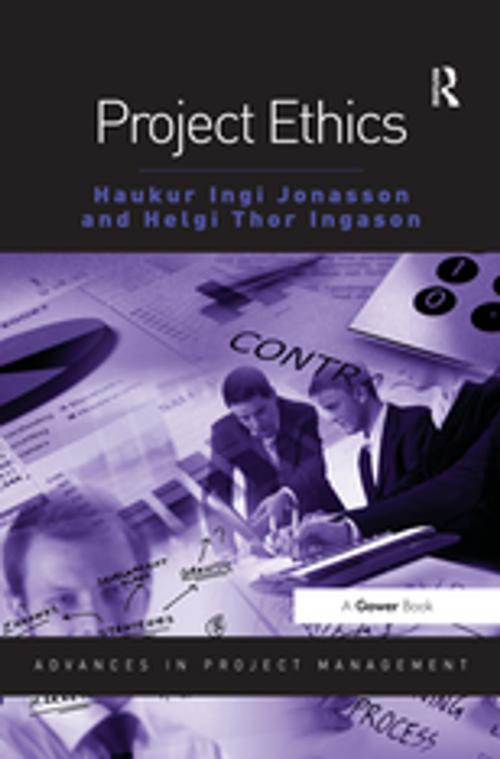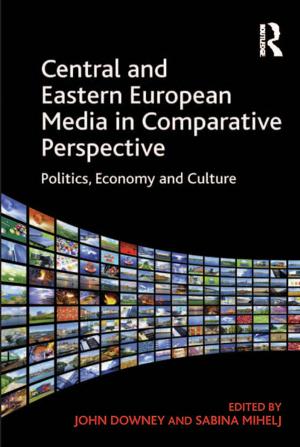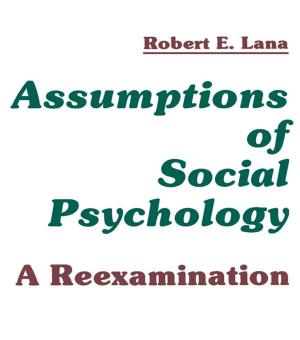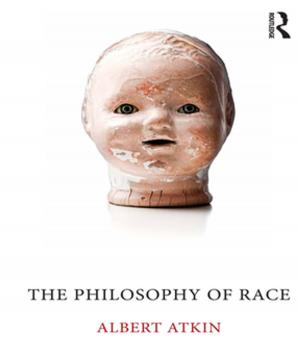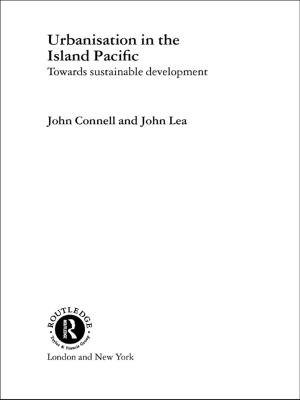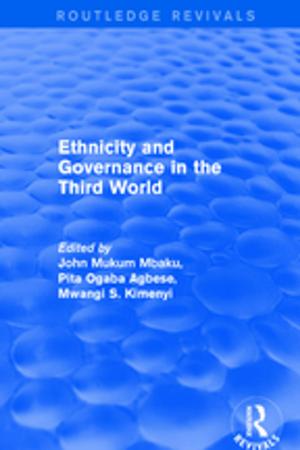| Author: | Haukur Ingi Jonasson, Helgi Thor Ingason | ISBN: | 9781351908535 |
| Publisher: | Taylor and Francis | Publication: | March 2, 2017 |
| Imprint: | Routledge | Language: | English |
| Author: | Haukur Ingi Jonasson, Helgi Thor Ingason |
| ISBN: | 9781351908535 |
| Publisher: | Taylor and Francis |
| Publication: | March 2, 2017 |
| Imprint: | Routledge |
| Language: | English |
How relevant is ethics to project management? The book - which aims to demystify the field of ethics for project managers and managers in general - takes both a critical and a practical look at project management in terms of success criteria, and ethical opportunities and risks. The goal is to help the reader to use ethical theory to further identify opportunities and risks within their projects and thereby to advance more directly along the path of mature and sustainable managerial practice. Project Ethics opens with an investigation of the critical success factors in project management. It then illustrates how situations can arise within projects where values can compete, and looks at how ethical theories on virtue, utility, duty and rights can be used as competence eye-openers to evaluate projects. The reader is challenged to think of their project management experiences where questions of competing values surfaced, and mirror them in short vignettes taken from real practice from all round the globe. Finally, a new method is introduced, based on classical ethical theory, which can help project owners, project managers, project teams and stakeholders, to identify, estimate and evaluate ethical opportunities and risks in projects.
How relevant is ethics to project management? The book - which aims to demystify the field of ethics for project managers and managers in general - takes both a critical and a practical look at project management in terms of success criteria, and ethical opportunities and risks. The goal is to help the reader to use ethical theory to further identify opportunities and risks within their projects and thereby to advance more directly along the path of mature and sustainable managerial practice. Project Ethics opens with an investigation of the critical success factors in project management. It then illustrates how situations can arise within projects where values can compete, and looks at how ethical theories on virtue, utility, duty and rights can be used as competence eye-openers to evaluate projects. The reader is challenged to think of their project management experiences where questions of competing values surfaced, and mirror them in short vignettes taken from real practice from all round the globe. Finally, a new method is introduced, based on classical ethical theory, which can help project owners, project managers, project teams and stakeholders, to identify, estimate and evaluate ethical opportunities and risks in projects.
